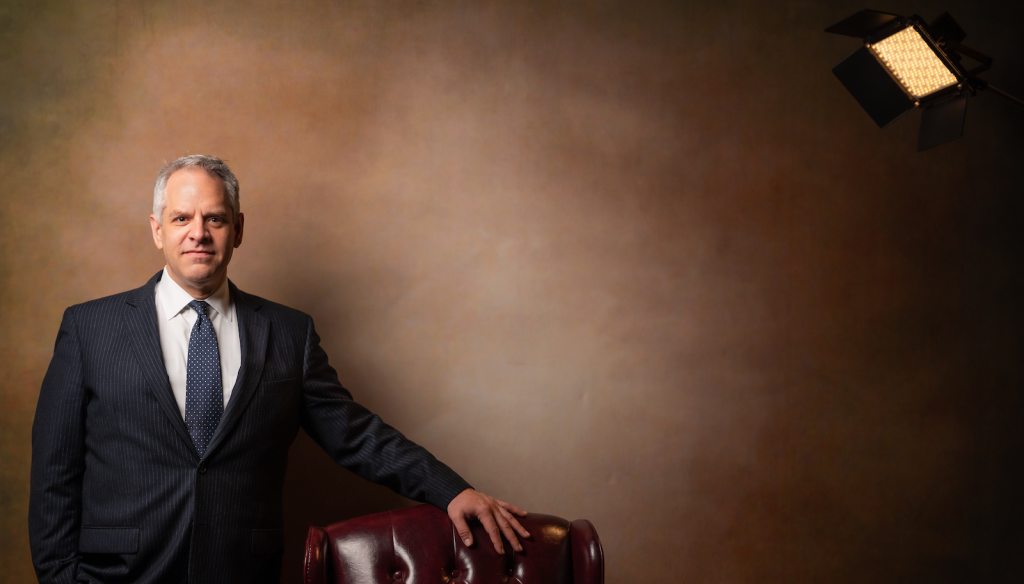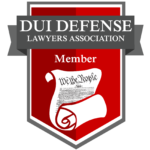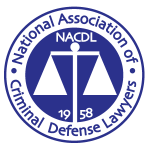“I have your back”
“Mr. Militello is the BEST!”
Many people charged with DWI can get some sort of conditional driving privilege, especially if you are a first-time offender looking for conditional driving privileges that do not involve commercial vehicles. There are at least three different types of conditional driving privileges that a person can get during the course of a DWI prosecution. The are called:
- Hardship License
- Pre-Conviction Conditional License
- Post-Conviction Conditional License
Hardship privilege:
The first type of conditional driving privilege is called a hardship privilege. If your attorney makes a successful application to the court, it is issued by the court at your arraignment. This license is only good for the period of time that your case is pending before a court, so if you are found not guilty, it is no longer valid; if you are convicted of something, the hardship privilege ends at sentencing.
When a person is charged with DWI, if the prosecution has preliminary evidence showing that you had a BAC of 0.08 or higher, then the court is supposed to suspend your driver’s license pending the outcome of the prosecution. The court will first seize your driver's license, and upon application by your attorney, may give a hardship privilege. These applications aren't just a matter of asking for a new license. Your attorney must demonstrate that you face an "extreme hardship" and need to drive to work, or to a medical appointment and that you don't have an alternative form of transportation. (*A hardship license may not be used to operate a commercial motor vehicle.)
Hardship privileges can be requested for your travel back and forth to work, back and forth to medical appointments, and back and forth to classes that lead to a degree or certificate. It is not good for your travel to court, or to the gym, or to anything else. Additionally, you need to make requests to the court for your specific travel. If the court issues a hardship license, and then a medical appointment comes up, you can't just drive there because it wasn't previously approved.
You will not be eligible for a hardship privilege if you have been convicted of either DWAI or DWI within the previous five years. You will not be eligible for a hardship privilege if you are facing your third DWI or DWAI offense within 25 years. You will not be eligible for a hardship privilege if you refused to take a Datamaster DMT (breathalyzer) test.
It's a little trickier to get a hardship privilege than some people might think, and it does require paperwork. An experienced DWI attorney can help you.
Pre-Conviction Conditional Licenses:
Hardship privileges are valid through the entire length of time that a DWI case is pending in court. However, after 30 days of your license having been suspended by the court, even if you were granted a hardship privilege, the DMV will typically send you a letter offering to sell you a pre-conviction conditional license. This is the second form of conditional driving privilege that a person might be able to get during the course of a DWI prosecution, and it is issued by the DMV - not the court. A pre-conviction conditional driver's license, if granted by the DMV, costs $75.00 as a fee to the DMV, and it allows you to drive back and forth to work, back and forth to medical appointments, back and forth to educational programming that leads to a degree. It also allows you to run errands for a few hours each week, and for that reason, it's a little more flexible than a hardship license. If you choose to go to the DMV and pay the fee, you can get a pre-conviction conditional license, and that license will last and be valid up until the day that you are either exonerated from or convicted of your charges.
You will not be eligible for a pre-conditional license if you have been convicted of either DWAI or DWI within the previous five years. You will not be eligible for a pre-conviction conditional license if you are facing your third DWI or DWAI offense within 25 years. You will not be eligible for a pre-conviction conditional license if you refused to take a Datamaster DMT (breathalyzer) test.

Post-Conviction Conditional Licenses:
The last type of conditional driving privilege that a person charged with DWI might possibly get is called a post-conviction conditional license. If you are a typical person with a typical license convicted of a misdemeanor DWI, you are most likely facing a six-month revocation of your driving privileges. If you enroll in the Impaired Driver Program (IDP), you become eligible for a post-conviction conditional license, which allows you to do the same type of driving that you did if you had a pre-conviction conditional license. The only difference is that it's valid after you are convicted of a DWI. Once you complete the Impaired Driver Program, you may become eligible for full driving privileges. (You will not be eligible to regain your full driving privileges after the IDP if you have had a prior DWI within the last 25 years.)
You will not be eligible for a post-conditional license if you have been convicted of either DWAI or DWI within the previous five years. You will not be eligible for a post-conviction conditional license if this is your third DWI or DWAI offense within 25 years. You will not be eligible for a post-conviction conditional license if you refused to take a Datamaster DMT (breathalyzer) test unless you are first convicted of an alcohol-related driving offense.
Where, exactly, can I drive with a conditional license? Here is the answer from 15 NYCRR 134.9:
- to and from the holder's place of employment;
- during the course of employment, when required;
- to and from a class or an activity which is an authorized part of the rehabilitation program and at which the holder's attendance is required [for example, the Impaired Driver Program];
- enroute to and from a class or course at an accredited school or approved institute of vocational or technical training;
- enroute to and from a medical examination or treatment as part of a necessary medical treatment for such participant or member of his household, as evidenced by a written statement to that effect from a licensed medical practitioner;
- during a three-hour consecutive daytime period as specified by the department on a day during which the holder is not engaged in his usual employment or vocation;
- to and from court-ordered probation activities;
- to and from a motor vehicle office for the transaction of business relating to such license or program;
- or enroute to and from a place, including a school, at which a child or children of the holder are cared for on a regular basis and which is necessary for the holder to maintain such holder's employment or enrollment at an accredited school, college or university or at a State-approved institution of vocational or technical training.
An experienced DWI attorney can help you navigate the maze of rules surrounding driving privileges, and can increase your chances of getting a conditional driving privilege. For more information about the best ways to deal with DWI charges, contact The Militello Law Firm for a free telephone consultation and case evaluation. Our phone number is (585) 485-0025.
Militello Law Firm
2480 Browncroft Blvd.
Rochester, NY 14625
1 University Drive
Geneseo, NY 14454
Phone: (585) 485-0025
Fax: (585) 286-3128




